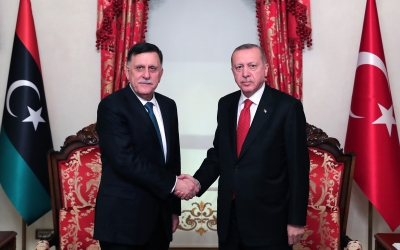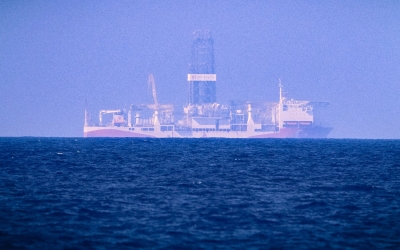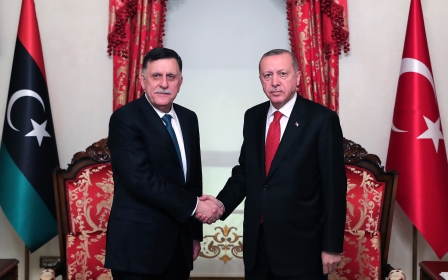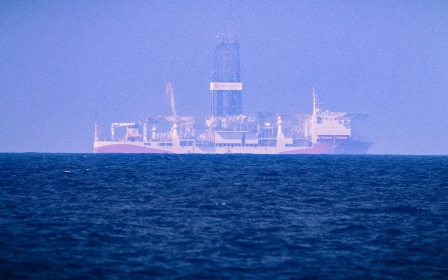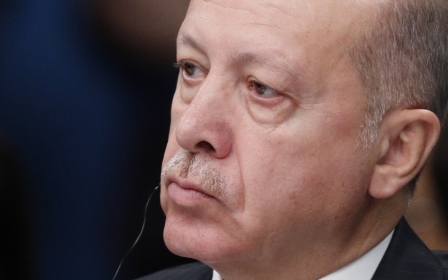Cyprus brands Turkey 'pirate state' in gas drilling row
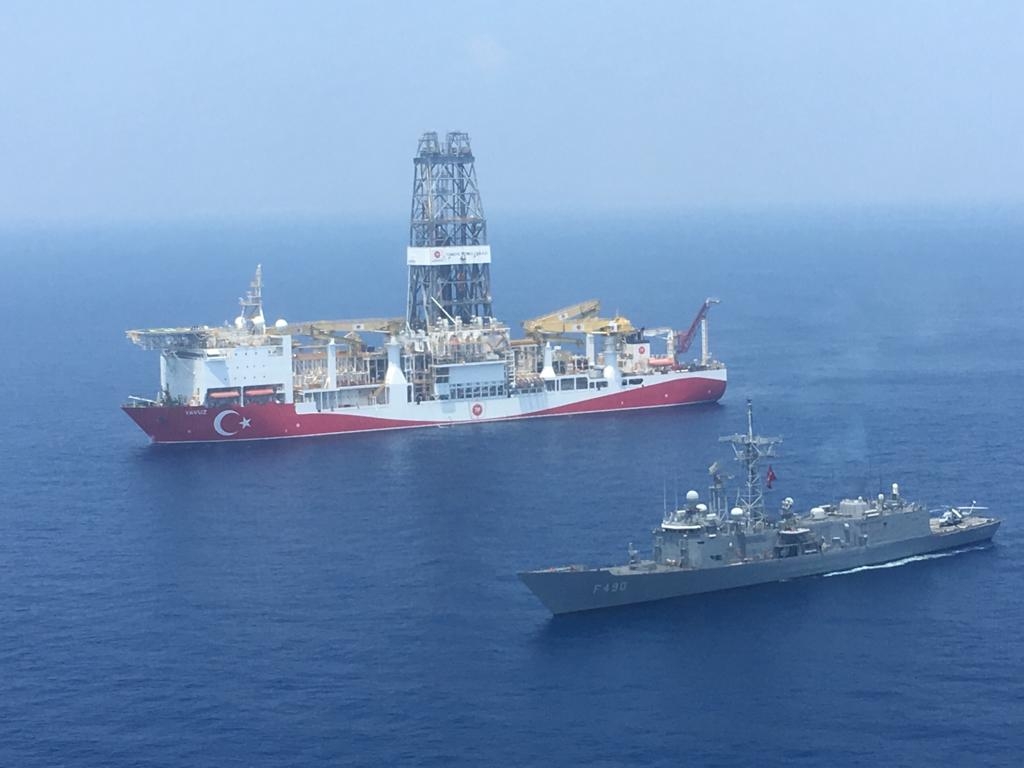
Cyprus accused Turkey of being "pirate state", attacking Ankara's exploratory oil and gas drilling off its coastal waters a day after the EU issued its own warning.
"Turkey is turning into a pirate state in the eastern Mediterranean," said the statement on Sunday from the Cypriot presidency. "Turkey insists on going down the path of international illegality," it added, according to AFP.
The statement came a day after the European Union called on Turkey to drop its plans to drill around Cyprus and the eastern Mediterranean, arguing that such exploration was "illegal".
Cyprus's internationally recognised government discovered offshore gas in 2011, but has been at loggerheads with Turkey over maritime zones around the island, where it has granted licences to multinational companies for oil and gas research, Reuters said.
Turkey, which does not have diplomatic relations with Cyprus's government, says that some areas in which Nicosia has operations are either on the Turkish continental shelf or in areas where a breakaway Turkish Cypriot state has rights over any finds.
Cyprus was divided in a Turkish invasion in 1974 after a brief Greek-inspired coup. Turkey supports the breakaway Turkish Cypriot state in the north of the island.
Earlier, EU foreign policy spokesman Peter Stano said: "Concrete steps towards creating an environment conducive to dialogue in good faith are needed.
"The intention by Turkey to launch further exploration and drilling activities in the wider region goes, regrettably, in the opposite direction," he said in a statement released on Saturday.
Still, Turkey's foreign ministry responded on Sunday: "The Turkish Cypriots have rights on this field... as much as the Greek Cypriots.
"The two sides will share the income if oil or natural gas are found there."
Its ship Yavuz had arrived at the "G" licence field for its first round of drilling, the statement added.
Turkey's President Recep Tayyip Erdogan had vowed on Thursday that Turkey would start exploring for gas in the eastern Mediterranean "as soon as possible" this year, after signing a maritime deal with Libya.
Ankara angered neighbouring countries in the Mediterranean with the agreement signed with the Tripoli government in November, which claimed extensive areas of the sea for Turkey.
Greece says the deal fails to respect its maritime rights around the island of Crete.
Greek Foreign Minister Nikos Dendias said in November that any maritime accord between Libya and Turkey “ignores something that is blatantly obvious, which is that between those two countries there is the large geographical land mass of Crete. Consequently such an attempt borders on the absurd.”
Saturday's statement from the EU said: "The international law of the sea, the principle of good neighbourly relations and the sovereignty and sovereign rights over the maritime zones of all member states have to be respected."
Sanctions may be discussed as early as Monday when the bloc's foreign ministers meet in Brussels, officials said.
Erdogan, in Berlin Sunday for a Libya peace conference, has rejected what he has called the "ultimatums" issued by the EU.
He reminded the bloc that about four million refugees, mostly Syrian, were currently in Turkey, which he could start sending to the EU.
Middle East Eye delivers independent and unrivalled coverage and analysis of the Middle East, North Africa and beyond. To learn more about republishing this content and the associated fees, please fill out this form. More about MEE can be found here.


